Kicking off a week-long virtual ‘lunch and learn’ series, 2019 Nuffield Ireland scholar Ailish Moriarty is presenting the findings of her Nuffield Ireland report.
The Nuffield Ireland ‘lunch and learn’ series runs all this week, featuring a 10-minute presentation at 1.30pm each day outlining the key findings of each scholar's Nuffield report. To register, visit www.nuffield.ie/lunchandlearn.
Ailish Moriarty is a milk quality manager for Kerry Agribusiness and lives on a farm with her family in Annascaul, Co Kerry.
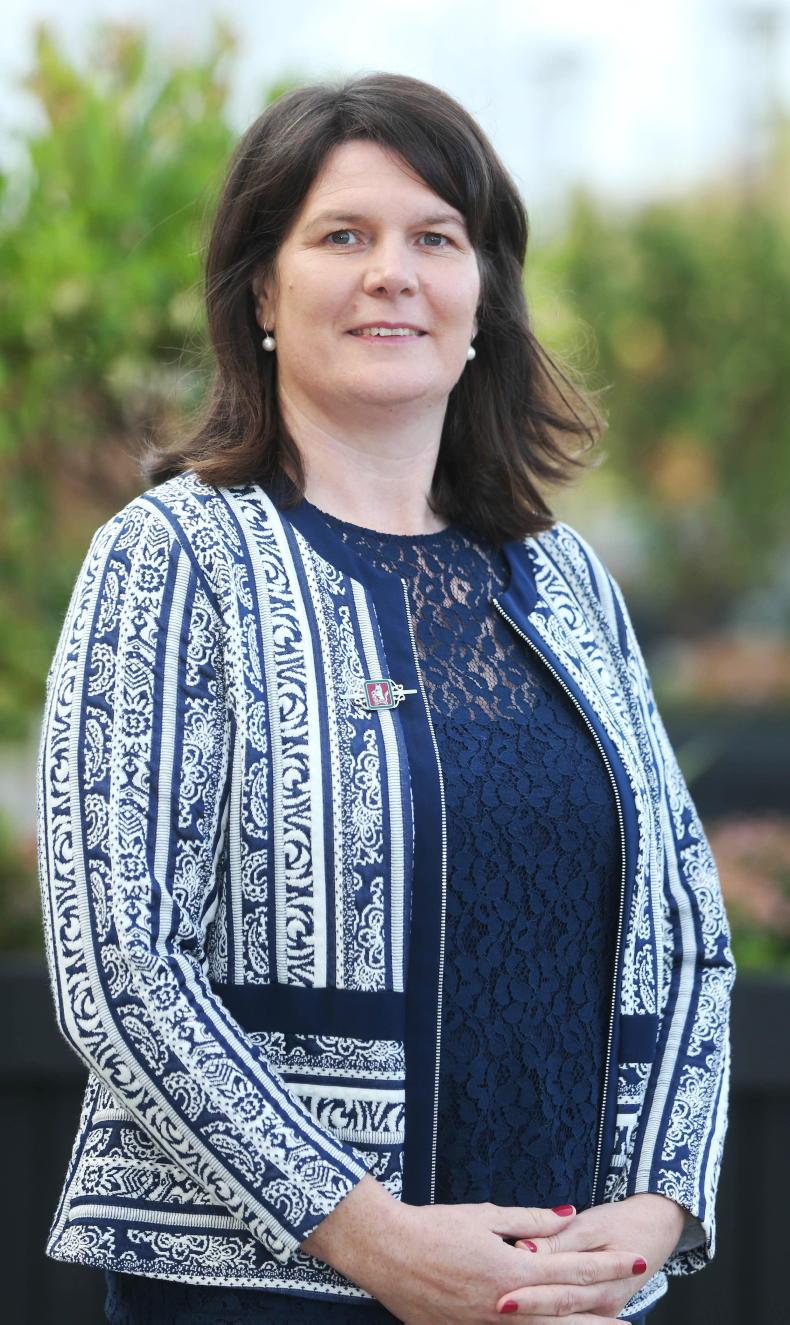
Ailish Moriarty is a milk quality manager for Kerry Agribusiness and lives on a farm with her family in Annascaul, Co. Kerry.
Passionate about herd health, for her Nuffield Ireland scholarship topic, Ailish investigated how the practise of milk screening can contribute to an effective herd health system.
Changing landscape
“The agricultural landscape has changed significantly over the past five years as milk production increased with the ending of milk [quotas] and much greater consumer interest and scrutiny in how food is produced.
"There is increased attention from regulatory authorities and consumers on animal health and welfare, food safety and concerns about antimicrobial resistance and climate change.
"In this context, it is vital that herd health is put to the top of the farming agenda,” she said.
Ailish’s study set out to investigate the role that milk screening could play in an effective herd health system.
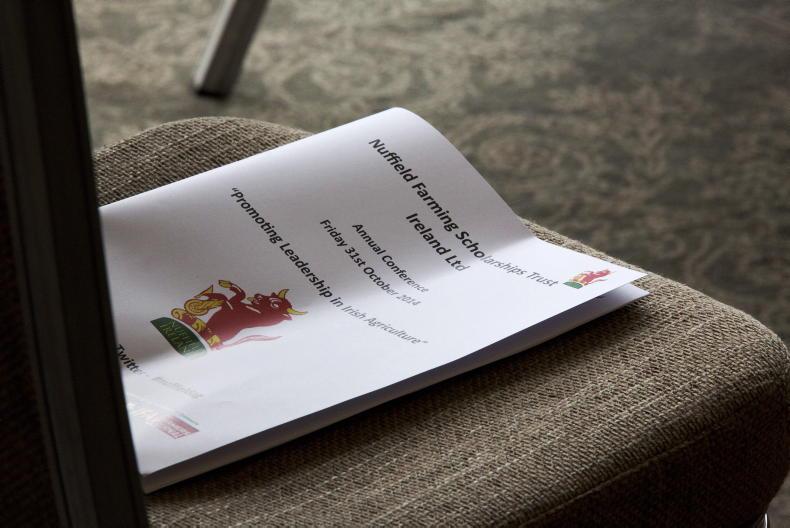
Nuffield farming scholarships trust.
She found that milk screening can have benefits, as it can provide an initial impression of herd health and, by identifying trends and triggers, it can alert the farmer and the vet to potential herd health issues on the farm.
However, she argues that much more focus must be placed on risk management and assessment as this can enable a shift from a reactive to more preventative approach to herd health.
Main findings
The main findings of her report include:
Limitations can exist within milk testing methodology. It is important to be conscious of the sensitivity, specificity and predictive values of the test, but with frequent and repeat testing, combined with experience, these can be overcome.The strength and importance of the farmer-vet relationship cannot be underestimated. To foster and develop this, the farmer needs to be willing to share herd information. The vet plays a crucial role in the design, interpretation and communication of the on-farm testing programme. The vet needs to involve farmers in the decision-making process and align outcomes to the farmers' goals and aspirations.In order to protect and enhance farmers' ability to sell milk products into global markets, the industry must adequately demonstrate that animal health is a priority on farms. Each stakeholder within the supply chain can play a role in demonstrating this - this could be in relation to educating and supporting suppliers to implement more effective herd health systems on farm.Software tools are available which can enable streamlined capture and use of data; our European counterparts have demonstrated leadership and best practice in this field.Decision support must improve. Templates are available which can stimulate modification in reporting style and format, so that results can be actionable and accountable.The future direction of milk and animal health screening will change, with milk-infrared spectrometry and precision technology being at the forefront.Ailish’s report contends that the industry faces many regulatory challenges and in order to prepare for this, all stakeholders need to work together to deliver better herd health outcomes.
Proactive management
“I believe that all stakeholders - the committed farmer, the dairy industry and the engaged vet - need to be ‘at the table’ and co-design proactive herd health management programmes.
"While the early adopters in the veterinary community have led the way in terms of a collaborative, knowledge-share approach, the wider community of vets must come on board and create further buy-in and adoption.
"The strength and importance of the farmer-vet relationship just cannot be underestimated, and the vet can become a key influencer of scheme awareness and uptake,” she said.
Read more
Nuffield scholars to present findings in virtual series
€70,000 bursaries awarded to Nuffield scholars
Kicking off a week-long virtual ‘lunch and learn’ series, 2019 Nuffield Ireland scholar Ailish Moriarty is presenting the findings of her Nuffield Ireland report.
The Nuffield Ireland ‘lunch and learn’ series runs all this week, featuring a 10-minute presentation at 1.30pm each day outlining the key findings of each scholar's Nuffield report. To register, visit www.nuffield.ie/lunchandlearn.
Ailish Moriarty is a milk quality manager for Kerry Agribusiness and lives on a farm with her family in Annascaul, Co Kerry.

Ailish Moriarty is a milk quality manager for Kerry Agribusiness and lives on a farm with her family in Annascaul, Co. Kerry.
Passionate about herd health, for her Nuffield Ireland scholarship topic, Ailish investigated how the practise of milk screening can contribute to an effective herd health system.
Changing landscape
“The agricultural landscape has changed significantly over the past five years as milk production increased with the ending of milk [quotas] and much greater consumer interest and scrutiny in how food is produced.
"There is increased attention from regulatory authorities and consumers on animal health and welfare, food safety and concerns about antimicrobial resistance and climate change.
"In this context, it is vital that herd health is put to the top of the farming agenda,” she said.
Ailish’s study set out to investigate the role that milk screening could play in an effective herd health system.

Nuffield farming scholarships trust.
She found that milk screening can have benefits, as it can provide an initial impression of herd health and, by identifying trends and triggers, it can alert the farmer and the vet to potential herd health issues on the farm.
However, she argues that much more focus must be placed on risk management and assessment as this can enable a shift from a reactive to more preventative approach to herd health.
Main findings
The main findings of her report include:
Limitations can exist within milk testing methodology. It is important to be conscious of the sensitivity, specificity and predictive values of the test, but with frequent and repeat testing, combined with experience, these can be overcome.The strength and importance of the farmer-vet relationship cannot be underestimated. To foster and develop this, the farmer needs to be willing to share herd information. The vet plays a crucial role in the design, interpretation and communication of the on-farm testing programme. The vet needs to involve farmers in the decision-making process and align outcomes to the farmers' goals and aspirations.In order to protect and enhance farmers' ability to sell milk products into global markets, the industry must adequately demonstrate that animal health is a priority on farms. Each stakeholder within the supply chain can play a role in demonstrating this - this could be in relation to educating and supporting suppliers to implement more effective herd health systems on farm.Software tools are available which can enable streamlined capture and use of data; our European counterparts have demonstrated leadership and best practice in this field.Decision support must improve. Templates are available which can stimulate modification in reporting style and format, so that results can be actionable and accountable.The future direction of milk and animal health screening will change, with milk-infrared spectrometry and precision technology being at the forefront.Ailish’s report contends that the industry faces many regulatory challenges and in order to prepare for this, all stakeholders need to work together to deliver better herd health outcomes.
Proactive management
“I believe that all stakeholders - the committed farmer, the dairy industry and the engaged vet - need to be ‘at the table’ and co-design proactive herd health management programmes.
"While the early adopters in the veterinary community have led the way in terms of a collaborative, knowledge-share approach, the wider community of vets must come on board and create further buy-in and adoption.
"The strength and importance of the farmer-vet relationship just cannot be underestimated, and the vet can become a key influencer of scheme awareness and uptake,” she said.
Read more
Nuffield scholars to present findings in virtual series
€70,000 bursaries awarded to Nuffield scholars






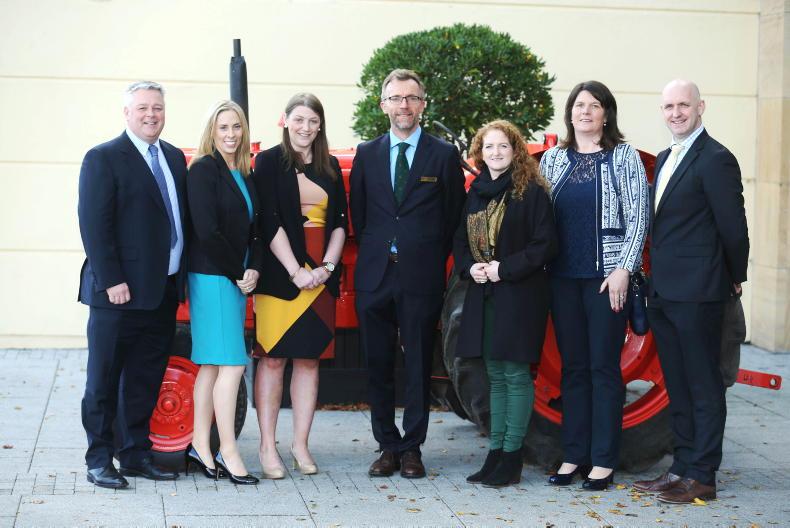
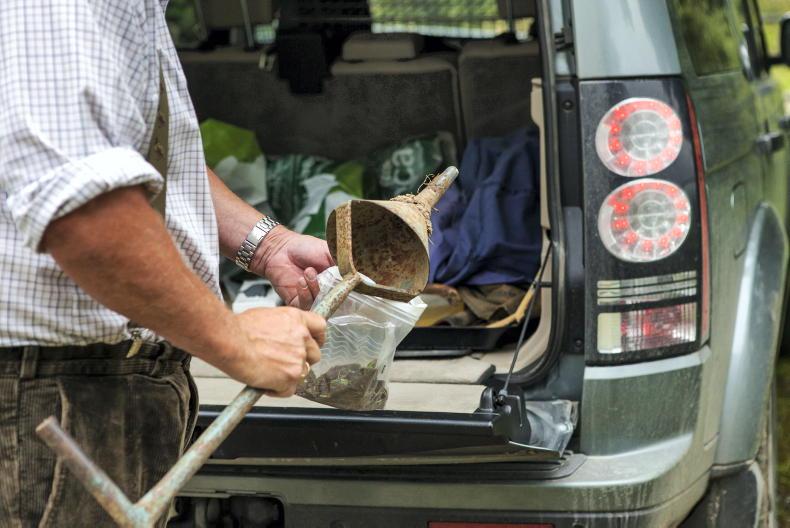
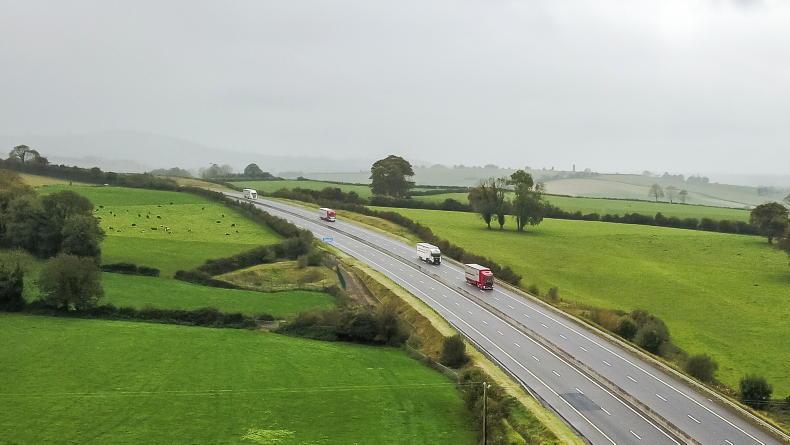
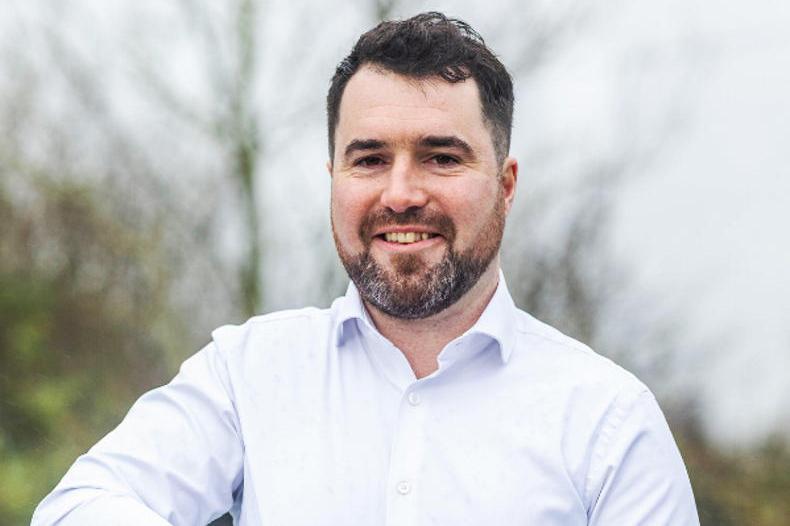
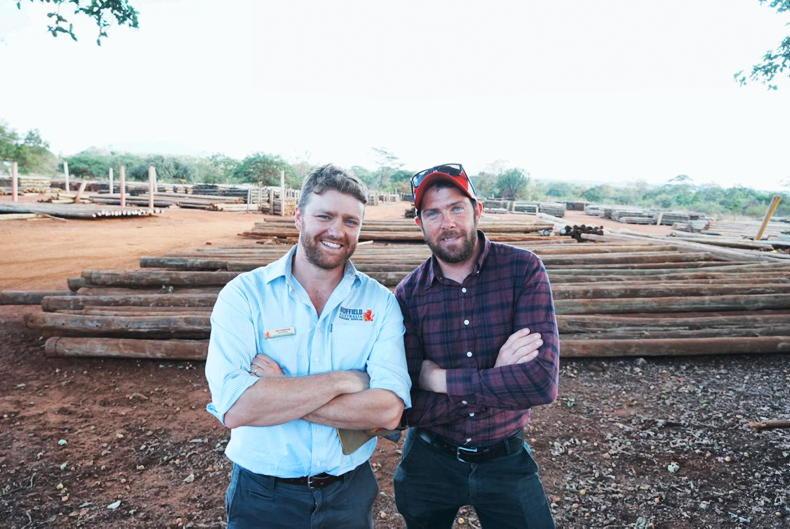
SHARING OPTIONS